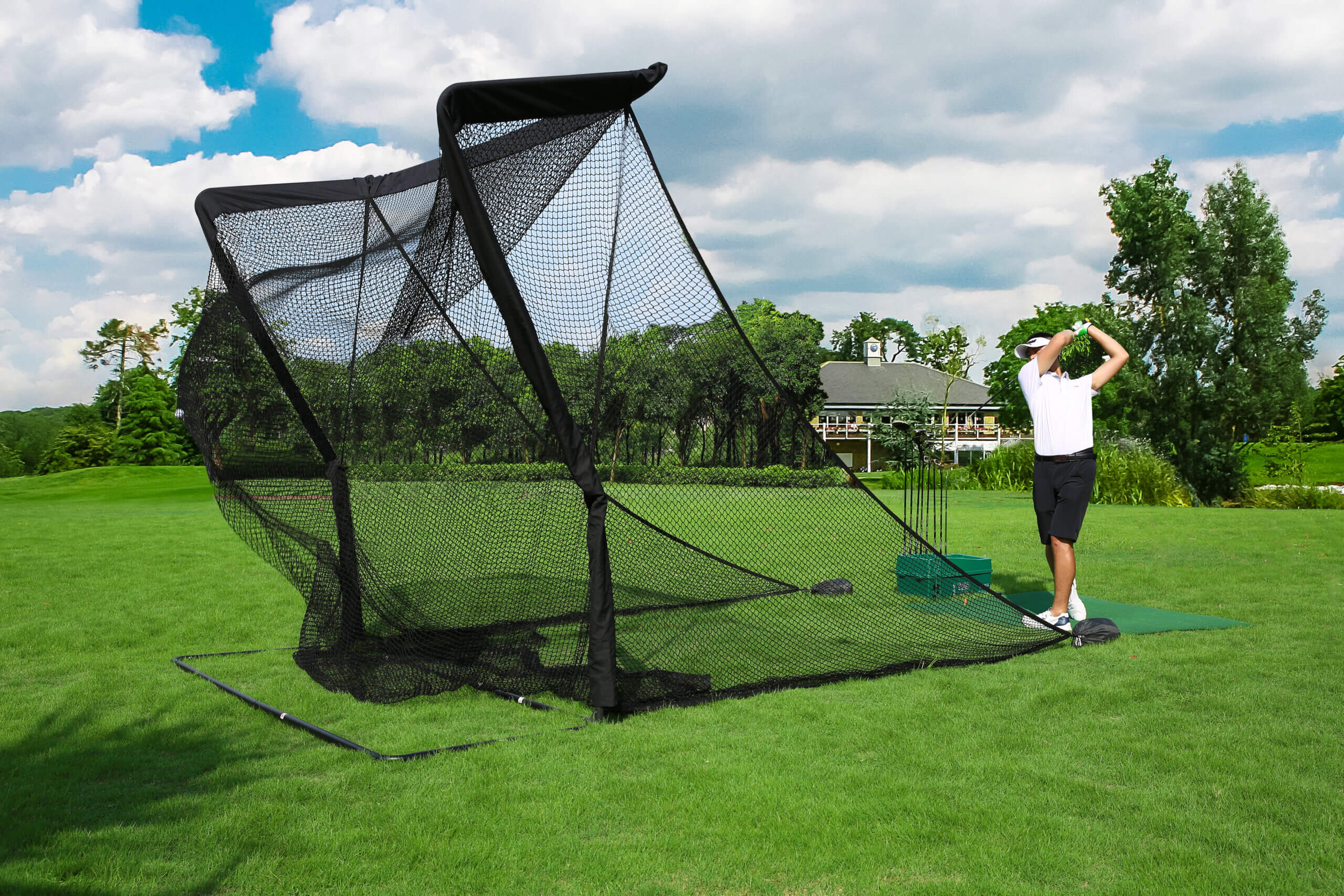Engaging in club sports is more than just about improving athletic abilities. It provides invaluable lessons in areas like leadership and discipline, which can extend far beyond the field or court. Whether you’re playing in a competitive environment or just for fun, the structure and camaraderie found in club sports foster growth in ways that can positively influence your personal and professional life.
Club Sports Teach Leadership
One of the most powerful aspects of club sports is how they shape leaders. In these settings, individuals are not only challenged to improve their own performance but also to take on roles that require decision-making, communication, and strategic thinking. Club sports teach leadership by providing opportunities to step up as captains, team organizers, or motivators, all of which help players develop the skills necessary to lead others effectively.
From organizing practice schedules to providing feedback to teammates, leadership in club sports is multifaceted. Players often find themselves leading by example, pushing through fatigue, and inspiring others to maintain their focus. Over time, these responsibilities cultivate confidence and problem-solving abilities. The leadership qualities honed in these environments can easily translate to other areas of life, whether in a classroom, workplace, or community.
Leadership through club sports also promotes teamwork, an essential skill for any leader. Understanding how to manage diverse personalities, resolve conflicts, and work towards a common goal enhances one’s ability to lead effectively. Whether the challenge is winning a match or recovering from a tough season, the resilience required helps develop leaders who are adaptable and supportive, key characteristics in any successful leadership role.
Develop Discipline in Club Sports
Discipline is one of the cornerstones of success in any field, and club sports offer an environment where discipline can be cultivated. The structured nature of sports training, combined with the demand for consistent performance, teaches athletes how to balance short-term challenges with long-term goals. Develop discipline in club sports is not just about adhering to a routine, but about building mental fortitude and understanding the importance of perseverance.
In club sports, athletes are expected to commit to regular practice sessions, follow coaching advice, and work on improving their skills. This process requires a level of focus and dedication that can be difficult to maintain without the strong internal drive that discipline nurtures. Athletes often find themselves having to push through physical and mental exhaustion, which further strengthens their ability to stay committed to their goals, no matter the obstacles in the way.
Discipline in club sports is also about time management. Many athletes juggle academics, work, and social life alongside their sports commitments. Successfully balancing these responsibilities teaches athletes how to prioritize, set goals, and manage their time efficiently. This capacity for organization and responsibility carries over into every aspect of life, creating a strong foundation for success beyond the playing field.
Club Sports for Leadership Skills
Club sports for leadership skills are about more than just taking charge in critical moments. They provide a training ground for all the nuances of leading a team. In these settings, leaders must motivate their teammates, adapt to different situations, and be receptive to feedback, all while maintaining their own performance. Each practice, game, or event is an opportunity to build these essential leadership traits.
What sets club sports apart is the opportunity for real-world leadership experience. Unlike academic or work settings, club sports create an environment where leadership must be demonstrated immediately and in real-time. The unpredictability of a game or the challenges of training bring out different facets of leadership, whether it’s managing a crisis during a game or encouraging a teammate during a tough practice session.
Moreover, the leadership skills gained in club sports are often collaborative. Unlike more traditional forms of leadership that might rely on an individual’s decisions, sports leadership involves constant interaction with others. Leading a team means learning how to listen, negotiate, and compromise, all of which are crucial skills in any leadership role. In the end, club sports for leadership skills teach individuals to lead with empathy and understanding, key elements of effective leadership in any environment.
The Lasting Impact of Leadership through Club Sports
The impact of leadership through club sports extends far beyond the final whistle. The lessons learned about leadership and discipline in sports can shape future leaders in the community, workplace, and beyond. The values instilled in athletes—dedication, teamwork, and resilience—form the foundation of good leadership and success in life.
Whether you’re playing in a community soccer league, participating in a tennis club, or joining a rowing team, the opportunities to grow as a leader and develop discipline are endless. Through regular training, competition, and team dynamics, athletes learn valuable life skills that serve them in all aspects of their personal and professional lives. These experiences help individuals not only become better athletes but also more well-rounded, disciplined, and confident leaders.
In conclusion, club sports offer an incredible platform for anyone looking to build leadership and discipline. Whether you’re just starting or have years of experience, the challenges and rewards of sports provide essential life lessons that can impact your career, relationships, and self-growth. By engaging in club sports, you open the door to opportunities for personal growth, cultivating leadership skills, and developing the discipline necessary to succeed in any aspect of life.



